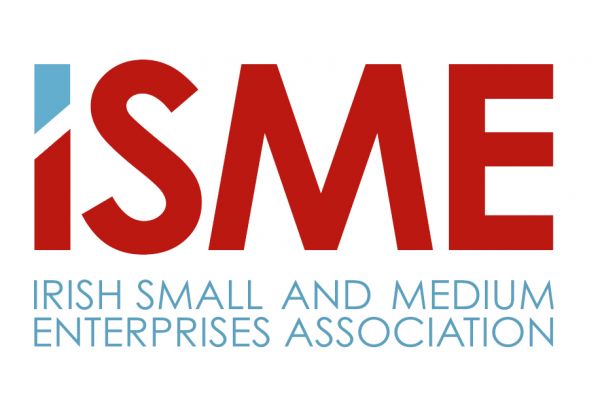ISME has said that a reduction in the length of time SMEs take to get paid is a sign that the economy is heading in the right direction. However, it added that the level of credit being taken from SMEs is twice the optimal amount, and must be reduced further.
Speaking at the launch of the ISME Credit Watch Survey, Mark Fielding, ISME Chief Executive, said, “While it is encouraging that late payments are reducing, this has more to do with better trading conditions than any great change in culture, especially among state agencies and big business.
"The fact that SMEs are unable to charge interest on late payments clearly shows the weakness of legislation and the dominant strength of big business when it comes to supplier payments”.
The main findings from the survey of 1,016 respondents in the first week of July were:
- The average payment period for SMEs in the second quarter of 2015 has improved to 58 days.
- 21% of SMEs are experiencing delays of 3 months or more, down from 23% in Q1.
- 4% are waiting 120 days and over.
- Late interest is charged by 2% of SMEs, while only 4% of medium sized businesses charge it.
- Munster businesses continue to wait longest for payment, at 62 days, compared to 50 days in Connaught.
- Construction businesses wait on average 70 days, while Wholesale operators wait 46 days.
- 77% of SMEs favour a statutory 30 day payments regime, with no opt out, a drop from 83% in Q1.
The Association called on the Minister for Jobs, Enterprise and Innovation to begin the process of reducing the statutory payment days to 30, insist that state agencies, especially the HSE, adhere to the 15 day code, and publicise, promote and champion the Fair Payment Code for all businesses.
“Late payments in Ireland are a product of industry hierarchies and market power, condoned by government for decades, leading to SMEs suffering. For big business it is the cheapest form of credit at zero cost, gained by the threat of withdrawal of future business. This abuse of a dominant position can only be rectified by government intervention, through the ISME proposals above”, concluded Fielding.
© 2015 - Checkout Magazine by Niall Swan






